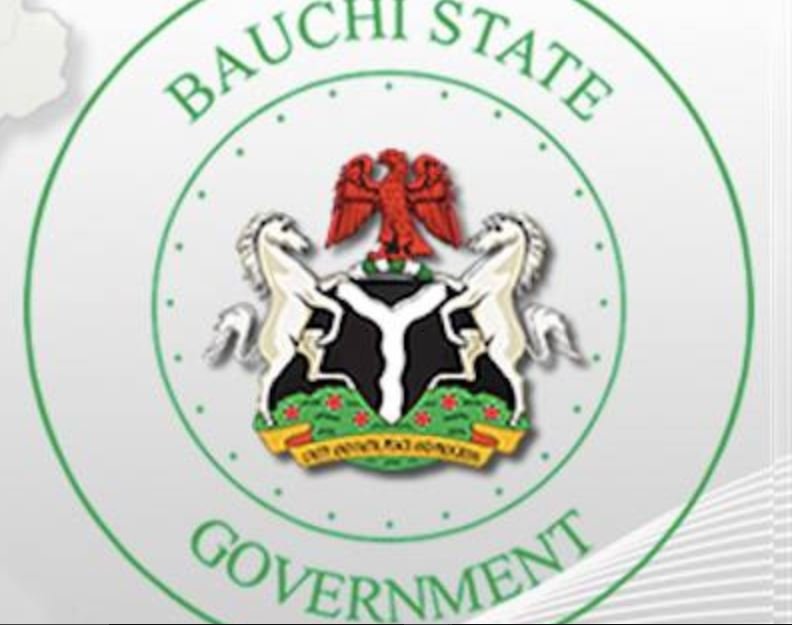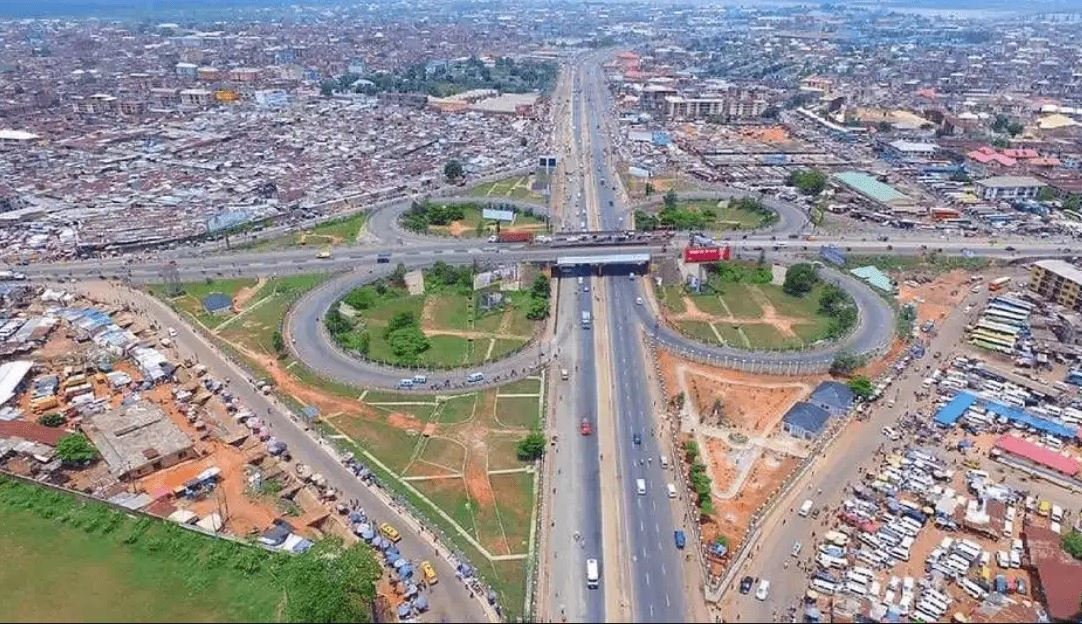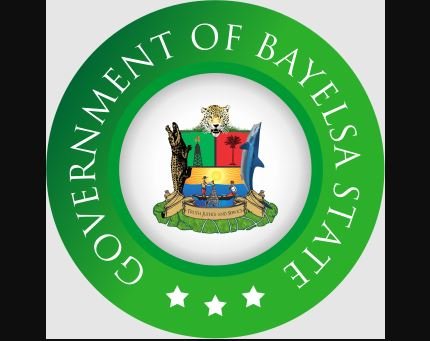
List Of Local Government Areas In Bauchi State, And Their Chairmen
Bauchi State, one of the 36 states In Nigeria is located in northeastern Nigeria with a population of over 4.6 million people.
It covers an area of 49,119 square kilometers. The state is home to different ethnic groups, including the Hausa, Fulani, Gerawa, Sayawa, Jarawa, and others.
Agriculture is a major part of the economy, with crops like millet, sorghum, corn, yams, rice, cassava, tomatoes, and vegetables being produced.
The state also has mineral resources like tin, columbite, cassiterite, coal, limestone, iron ore, antimony, and marble. Bauchi State has 20 local government areas and is known for attractions like Yankari National Park.
READ ALSO: List Of Local Government Areas In Anambra State, And Their Chairman
Local Government Areas In Bauchi State, And Their Chairmen
Here’s a list of all the 20 local government areas In Bauchi states, Including their chairman, and headquarters:
No | Local Government Area | Chairman | Headquarters |
|---|---|---|---|
1 | Bauchi | Mahmood Baba-Maji | Bauchi |
2 | Tafawa Balewa | Sama’ila Wakili Lere | Bununu |
3 | Dass | Muhammad Abubakar Jibo | Dass |
4 | Toro | Pharm. Ibrahim Abubakar Dembo | Toro |
5 | Bogoro | Lawi Yakubu Sumi | Bogoro |
6 | Ningi | Nasiru Zakarai | Ningi |
7 | Warji | Aminu Barmini | Warji |
8 | Ganjuwa | Mohammed Idris Miya | Kafin Madaki |
9 | Kirfi | Abdulkadir Umar Dewu | Kirfi |
10 | Alkaleri | Hassan Garba Bajama | Alkaleri |
11 | Darazo | Sama’ila Ya’u Sade | Darazo |
12 | Misau | Salisu Hussain | Misau |
13 | Giade | Usman Muhammad Sale | Giade |
14 | Shira | Alhaji Abdullahi Ibrahim Beli | Yana |
15 | Jamaare | Inuwa Abdullah | Jamaare |
16 | Katagum | Alhaji Yusuf Babayo Zaki | Azare |
17 | Itas/Gadau | Hajara Jibrin Gidado | Itas |
18 | Zaki | Adamu Yakubu | Katagum |
19 | Gamawa | Madaki Ahmed Gololo | Gamawa |
20 | Damban | Yakubu Garba Tela | Damban |
What Are The Major Economic Activities In These Local Government Areas?
Bauchi State’s economy is mainly based on farming, with each area contributing to agriculture in different ways. In Bauchi, the state capital, farming is combined with trade and commerce.
The city Is a major center for buying and selling crops like maize, millet, and groundnuts. Tafawa Balewa focuses on growing cash crops such as cotton and ginger.
Farmers there engage in both farming for their families and growing crops to sell. Dass is also a farming area, where both livestock and crops are important.
Farmers raise animals and grow food, which makes agriculture a key part of the economy. In Toro, farming and small businesses help the economy.
This area is known for growing yams and vegetables. It also has food processing facilities that make it easier to produce and sell local food.
Bogoro places a lot of focus on raising livestock, such as cattle and goats, which are sold for meat and trade. Ningi has the Gongola River, which also helps with irrigation farming.
Farmers grow rice and vegetables using water from the river. Warji has fertile land, where maize and cassava are grown. Ganjuwa grows crops and raises livestock, due to rivers that provide water for farming.
Kirfi produces a variety of grains and legumes, while Alkaleri also has mineral resources, like tin, alongside farming. Darazo benefits from both farming and fishing because of nearby water bodies.
Misau also farms and small-scale mining takes place there. Giade is similar, with a focus on cash crops and regular farming.
Shira’s economy is boosted by tourism, with Yankari National Park bringing visitors and helping local businesses. Jamaare focuses on farming but also has mineral resources.
Katagum relies on farming and small industries that process agricultural products. Itas/Gadau combines farming and fishing because of its rivers, while Zaki grows crops with the help of irrigation systems.
READ ALSO: List Of Local Government Areas In Enugu State, And Their Chairman
What Is The Largest LGA In Bauchi State By Land Area?
Toro is the largest local government area (LGA) in Bauchi State by land area with about 6,932 square kilometers. This land area makes Toro not only the biggest in Bauchi but also an important place for farming and managing resources.
Toro has many different geographical features, including flat and fertile land that is great for agriculture. The economy of Toro mainly depends on farming.
Many people grow different crops like maize, millet, and yams. Farmers in this area use both traditional methods and newer farming techniques.
This mix helps them increase their crop yields, making sure they produce enough food for the community. Besides growing crops, Toro is also well-known for raising livestock.
Many farmers keep cattle, goats, and sheep. This livestock farming helps the local economy and provides meat and other products that are sold in markets.
Water is essential for farming, and Toro is lucky to have several rivers and streams. These water sources are essential for irrigation, especially during the dry months when rain is scarce.
Access to water means that farmers can grow crops all year long, which improves their harvests. Additionally, Toro has rich natural resources that support small-scale mining.
Minerals like tin and columbite are extracted in this area. Toro’s location also makes it a center for trade and commerce.
Which LGA Is The Most Populous In Bauchi State?
Katagum is the most populous local government area (LGA) in Bauchi State. As of March 21, 2022, Katagum has a projected population of about 523,200 people.
This makes it not only the largest LGA in terms of population but also a traditional emirate located in the northeastern part of Nigeria.
However, Katagum is home to many different ethnic groups, including the Fulani, Kanuri, Karai-karai, and Hausa tribes.
The area’s economy mainly depends on agriculture. Farmers grow crops like peanuts (also known as groundnuts), sorghum, millet, and rice, especially in the riverine Fadamas, or floodplains.
Other crops include cowpeas, cotton, indigo, and gum Arabic. In addition to crops, many people in Katagum also raise livestock, including horses, cattle, goats, sheep, donkeys, and poultry.
The town of Katagum serves as the administrative center of the LGA and is located on the northern bank of the Jama’are River, which is a tributary of the Hadejia River.
This emirate has a rich history, having been founded around 1809 by a warrior named Ibrahim Zakiyul Kalbi during the Fulani jihad.
Over the years, Katagum has seen many changes in politics and society, especially when it became part of the Bauchi Province in 1926. In addition to its agricultural importance, Katagum LGA is known for its educational institutions.
It is home to several notable schools and colleges, such as Bauchi State University Gadau, Federal College of Education, Abubakar Tatari Ali Polytechnic (ATAP), and Federal University of Health Science Azare (FUHSA).
These institutions play a key part in the area’s growth, helping to improve education and social development. Despite its large population and economic significance, Katagum faces challenges like air pollution and the need for better infrastructure.



No tafawabalewa headquarters is Bununu not tafawabalewa